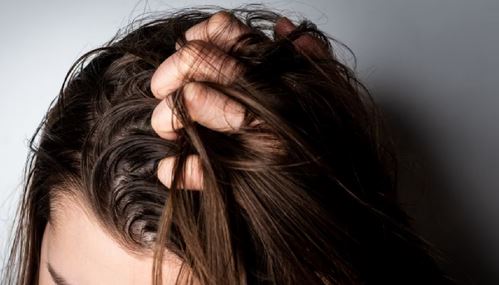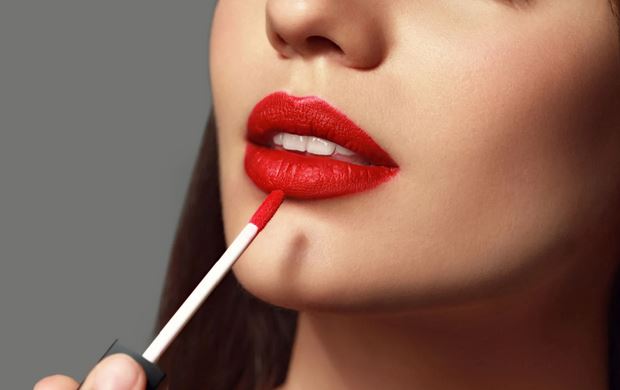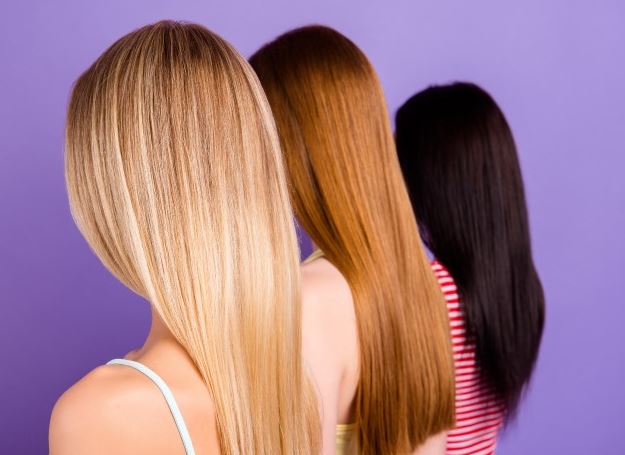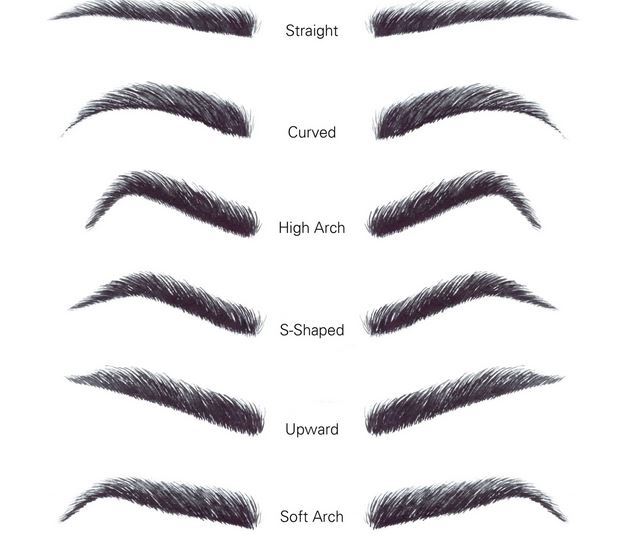Tips for Managing Greasy Hair and Scalp | |

| |
Greasy hair and scalp can be a frustrating problem for many individuals. Excess oil production can leave your hair looking flat, dull, and unclean. If you're tired of dealing with greasy hair and want to regain control over your locks, you've come to the right place. In this comprehensive guide, we will provide you with effective tips for managing greasy hair and scalp. From simple everyday habits to expert advice, we'll cover everything you need to know to keep your hair looking fresh and healthy. Why Does Hair Get Greasy?Before we dive into the tips, it's essential to understand why hair gets greasy in the first place. Our scalp produces a natural oil called sebum, which helps to moisturize and protect the hair. However, an overproduction of sebum can lead to greasy hair. Several factors can contribute to excessive sebum production, including hormonal imbalances, genetics, diet, and environmental factors. 1. Wash Your Hair RegularlyOne of the most basic and effective tips for managing greasy hair is to wash it regularly. Washing your hair helps remove excess oil and buildup, leaving your hair feeling fresh and clean. Use a mild shampoo formulated specifically for oily hair. Massage the shampoo into your scalp using your fingertips, focusing on the roots. Rinse thoroughly with lukewarm water. 2. Avoid OverwashingWhile washing your hair is essential, overwashing can actually exacerbate the problem. Frequent washing strips the natural oils from your scalp, causing it to produce more oil to compensate. As a result, your hair may become even greasier. Aim to wash your hair every other day or every two days to maintain a healthy balance. 3. Use Lukewarm WaterWhen washing your hair, avoid using hot water. Hot water can stimulate the sebaceous glands, leading to increased oil production. Instead, opt for lukewarm water to wash your hair. Lukewarm water effectively cleanses the hair without stripping away the natural oils. 4. Use a Clarifying ShampooIn addition to your regular shampoo, incorporate a clarifying shampoo into your hair care routine once a week. A clarifying shampoo helps remove product buildup and excess oil, giving your hair a fresh start. Look for a clarifying shampoo that is gentle yet effective in removing impurities. 5. Focus on the RootsWhen washing your hair, pay special attention to the roots. This is where the majority of the oil buildup occurs. Gently massage the shampoo into your scalp using circular motions to stimulate blood flow and effectively cleanse the area. Rinse thoroughly to ensure no residue is left behind. 6. Condition CarefullyWhile conditioning is essential for keeping your hair nourished and healthy, it's crucial to apply the conditioner correctly to prevent your hair from becoming greasy. Avoid applying conditioner directly to the roots, as this can weigh down your hair and make it appear greasier. Instead, focus on the mid-lengths to ends, where the hair is drier and more prone to damage. 7. Opt for Lightweight FormulasWhen choosing hair care products, opt for lightweight formulas that are specifically designed for oily hair. Look for labels that mention "oil-free," "weightless," or "volumizing." These products are typically formulated to add volume and lift to your hair while controlling excess oil. 8. Avoid Heavy Styling ProductsUsing heavy styling products can weigh down your hair and make it look greasier. Avoid products like gels, pomades, and heavy serums. Instead, opt for lightweight alternatives such as mousses or texturizing sprays that add volume without adding extra oil. 9. Dry Shampoo as a Quick FixDry shampoo is a lifesaver for those days when you don't have time to wash your hair but want to reduce the greasiness. It absorbs excess oil, adds volume, and leaves your hair looking and smelling fresh. Apply dry shampoo to the roots, focusing on the oilier areas, and gently massage it in. Brush out any residue for instantly refreshed hair. 10. Avoid Touching Your HairAs tempting as it may be, avoid touching your hair throughout the day. Our hands produce natural oils that can transfer to your hair, making it greasier. Additionally, touching your hair can flatten it and disturb the natural volume. Keep your hands off your hair to maintain a fresh and grease-free look. FAQs about Managing Greasy Hair and ScalpFAQ 1: How often should I wash my hair if it's greasy?It's recommended to wash greasy hair every other day or every two days. Washing too frequently can strip away the natural oils, causing the scalp to produce more oil to compensate. FAQ 2: Can certain foods contribute to greasy hair?While there isn't a direct link between greasy hair and specific foods, a balanced diet that includes fruits, vegetables, and lean proteins can promote healthy hair and scalp. FAQ 3: Can stress affect the oiliness of my hair?Yes, stress can influence the oiliness of your hair. When you're stressed, your body produces more androgen hormones, which can stimulate the sebaceous glands and increase oil production. FAQ 4: Are there any natural remedies for greasy hair?Yes, there are several natural remedies that may help manage greasy hair. For example, rinsing your hair with diluted apple cider vinegar can help balance the pH level of your scalp and reduce oiliness. FAQ 5: Can changing my shampoo help with greasy hair?Switching to a shampoo specifically formulated for oily hair can make a difference in managing greasiness. Look for products that contain ingredients like tea tree oil or salicylic acid, known for their oil-controlling properties. FAQ 6: Are there any styling tips for greasy hair?If you have greasy hair, try to avoid hairstyles that tightly pull back your hair, as they can stimulate the sebaceous glands and make your scalp produce more oil. Opt for loose hairstyles or updos that allow your scalp to breathe. ConclusionManaging greasy hair and scalp requires a combination of proper hair care practices and lifestyle adjustments. By following the tips outlined in this article, you can regain control over your hair and enjoy a fresh, clean look. Remember to wash your hair regularly, choose the right hair care products, and be mindful of your styling techniques. With a little effort and consistency, you can keep your hair looking healthy and grease-free. | |
| Category: Hair Care | |
| Total comments: 0 | |
 |
| Fashion tips for new moms |
 |
| Impact of fashion on culture and society |
 |
| The Best Oils for Nourishing and Moisturizing Your Hair |
 |
| The Secrets to a Long-Wearing Lipstick |
 |
| Hairstyle tutorials for different hair lengths and textures |
 |
| How to Create a Sleek Ponytail: Step-by-Step Guide |
 |
| Exploring different fashion subcultures |
 |
| The Art of Eyebrow Shaping: A Step-by-Step Guide |
 |
| Top 5 Foundations for Oily Skin |
